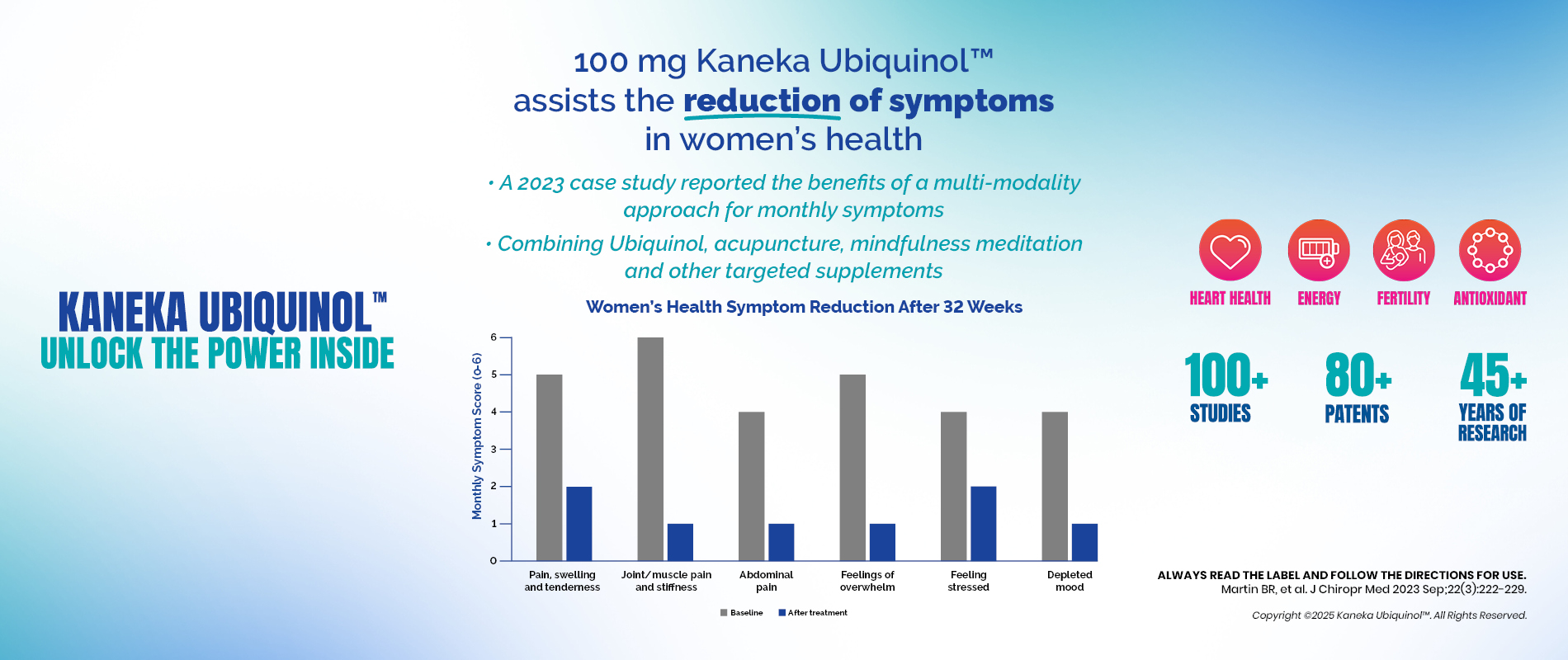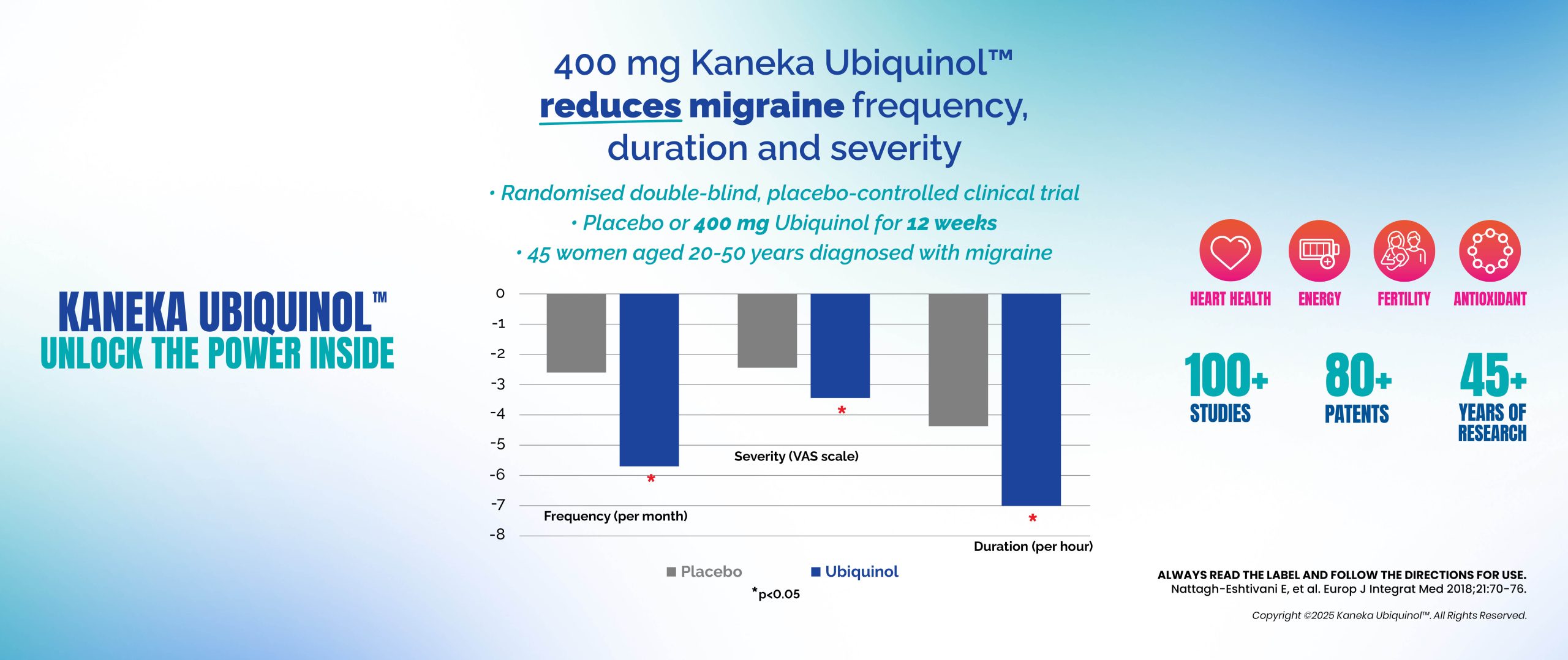3 Ways to protect your body from stress
Dec 2016Recent Article

How often do you hear yourself saying “I’m so stressed”?
It may seem like a throwaway comment, but stress is a serious issue for both your mental and physical health. Years spent commuting through traffic jams, working at a high-stress job and making stressful life changes can take their toll on the body. Our ever-increasing connectivity – email, Facebook, text and more – can mean that we never truly relax and ‘switch off’.
If living with chronic stress has become your new norm, it’s time to start making some changes. As the New Year approaches, put your health first and think about adding these three stress-busting activities to your resolutions list.
1. Consume more antioxidants
Chronic stress is one of the triggers of inflammation, which is often referred to as ‘the silent killer’, because it is now believed to contribute to many serious illnesses. Antioxidants help fight the oxidation of cells, which is what causes free radicals, leading to inflammation. Ubiquinol is an antioxidant that is the active (more easily absorbed) form of CoQ10. CoQ10 is naturally produced in the body and is responsible for not only providing our cells with energy but also keeping our hearts healthy and helping with recovery after exercise. If you have been dealing with chronic stress, it could be worth discussing Ubiquinol supplementation with your health care practitioner to help support your heart health and replenish energy levels.
2. Exercise
Research shows that as Australians get older, they become less and less active. However, we should, in fact, be making more of an effort to exercise daily as we get older, as exercise is one of the greatest preventative measures we can take for long-term health, and is an effective way to reduce the negative impacts of chronic stress. Exercise helps bump up the production of your brain’s feel-good neurotransmitters, called endorphins. Although this function is often referred to as a ‘runner’s high’, a nature hike also can contribute to this same feeling. Regular exercise can also increase self-confidence, relax you, and lower the symptoms associated with mild depression and anxiety. You’re also likely to notice an improvement in your sleep, which is often disrupted when we feel stressed.
3. Meditate
Stress can lead to a decline in emotional health. And while we may think it is normal to feel stressed every now and again, if you are experiencing frequent anxiety and worry as a result of the stress in your life, you need to examine how you are dealing with this stress and whether you can make changes to increase your health and happiness. Meditation is known to decease stress levels and increase happiness, and you can do in as little as 10 minutes a day. The practice not only involves relaxation but promotes mindfulness, which helps stress-sufferers to recognise unhelpful patterns of thought that give rise to the stress response. Some common methods of meditation include Mindfulness Meditation and Focused Attention Meditation. As with any new skill you are trying to learn, daily practice is important to acquire mastery and realise the full benefits. With practice, you are likely to experience reduced anxiety, feeling less stressed when under pressure, improved memory and creativity, and have a greater ability to focus.
Speak to your health practitioner before adding a supplement to your diet.
You can share this by:
Keep up-to-date with Ubiquinol News
Ubiquinol Headlines

Retail Pharmacy: Healthy Ageing in the Spotlight
Apr 2025Category: Ageing, Antioxidants, APP, Conference, Conferences, Endurance, Health, Health Industry, healthy ageing, Immunity, In The News, Mitochondrial health, Nutrition, Online, Stress, Ubiquinol, Vitamins, wellnessRead More
Retail Pharmacy: The Impact of Loneliness on Heart Health
Apr 2025Category: cardiovascular health, dr ross walker, Heart, In The News, Mitochondrial health, Online, UbiquinolRead More
Ubiquinol for Women’s Health
Apr 2025Category: Ageing, Antioxidants, Fertility, Kaneka, Mitochondrial health, Ubiquinol, wellness, Women's HealthRead More
Kaneka Ubiquinol™ at APP 2025: Advancing Healthy Ageing & Longevity
Mar 2025Category: Ageing, Antioxidants, APP, Conference, Conferences, Energy, Fatigue, Health, Health Industry, healthy ageing, Kaneka, Mitochondrial health, Nutrition, UbiquinolRead More
Ubiquinol: Supporting Migraine Relief Through Cellular Energy
Jan 2025Category: Antioxidants, complementary medicine, Energy, Fatigue, Health, Health Industry, healthy ageing, Kaneka, Mitochondrial health, Nutrition, Stress, Ubiquinol, Vitamins, wellnessRead More
Kaneka Ubiquinol™ at Functional Foods for Wellness Industry Awards and Summit, #FFWS2025
Jan 2025Category: Ageing, Antioxidants, Awards, cardiovascular health, Conference, Conferences, Energy, Fatigue, FFWS2025, Health, Health Industry, healthy ageing, Kaneka, Menopause, Mitochondrial health, Nutrition, Ubiquinol, VitaminsRead More
Kaneka Ubiquinol Wins Prestigious Complementary Medicines Raw Material Supplier of the Year Award 2024
Dec 2024Category: Ageing, Awards, cardiovascular health, complementary medicine, Conference, Conferences, Endurance, Energy, Fatigue, Fertility, Fitness, Health, Health Industry, healthy ageing, Heart, Immunity, In The News, Kaneka, Lungs, Memory, Mitochondrial health, Nutrition, Online, Stress, Ubiquinol, Vitamins, wellnessRead More

